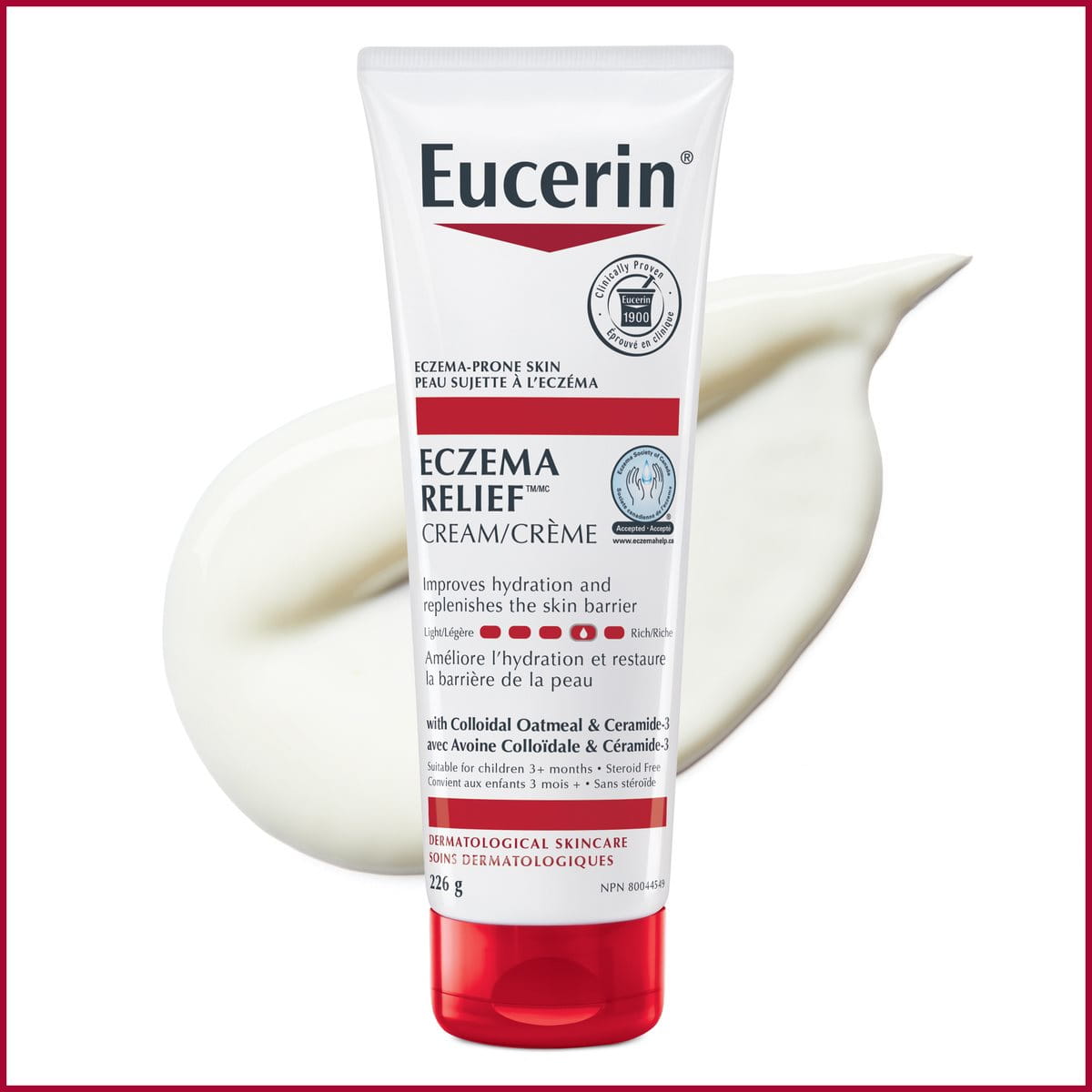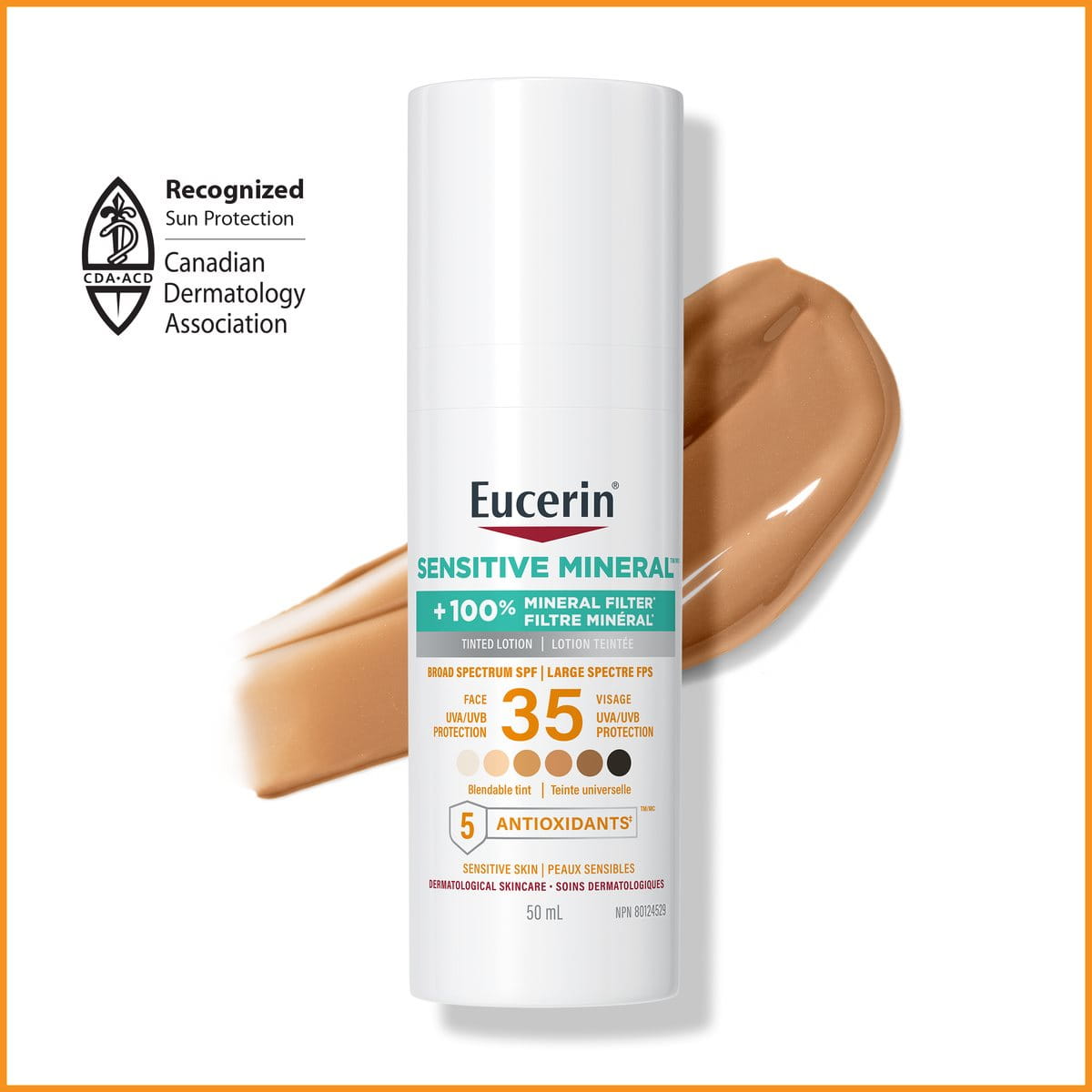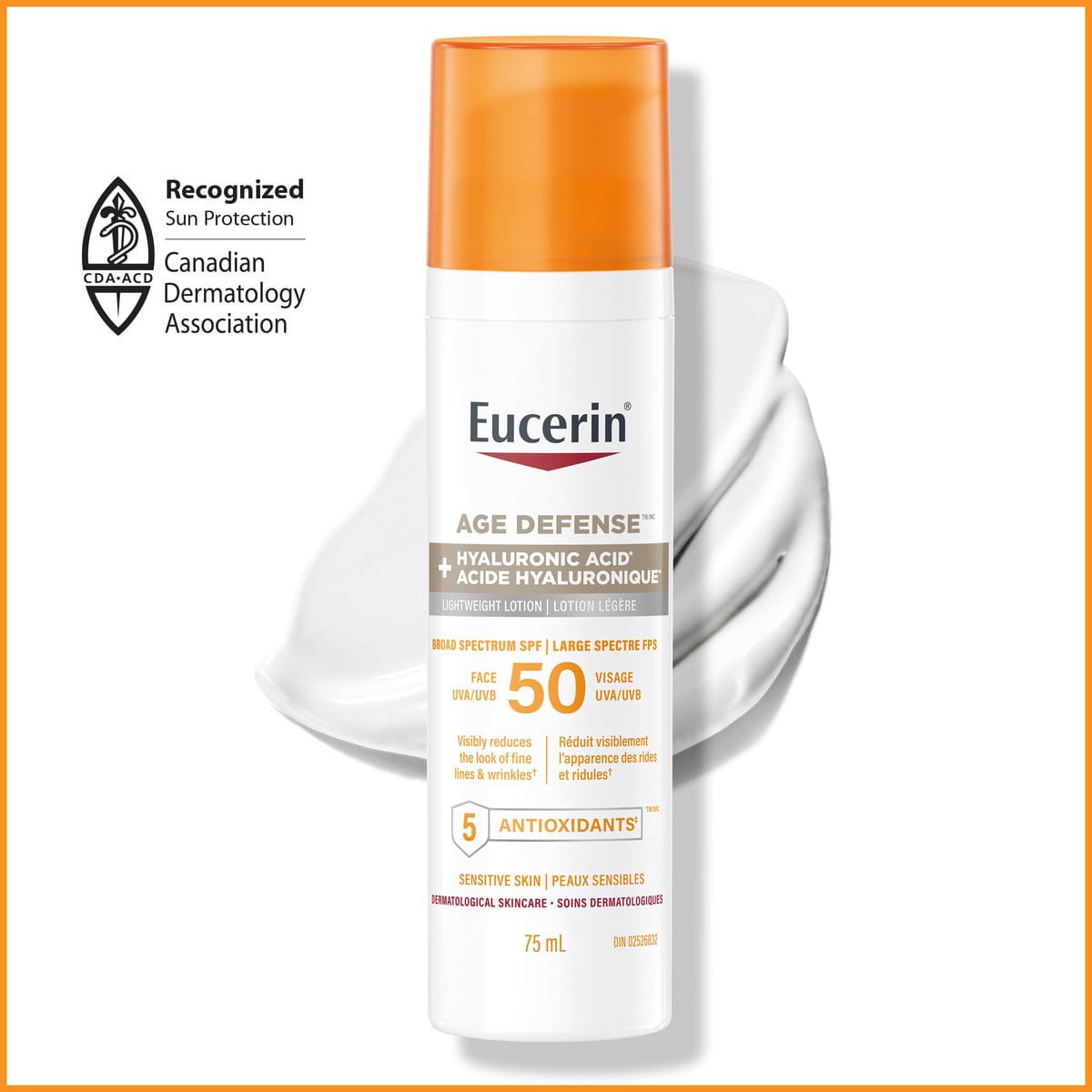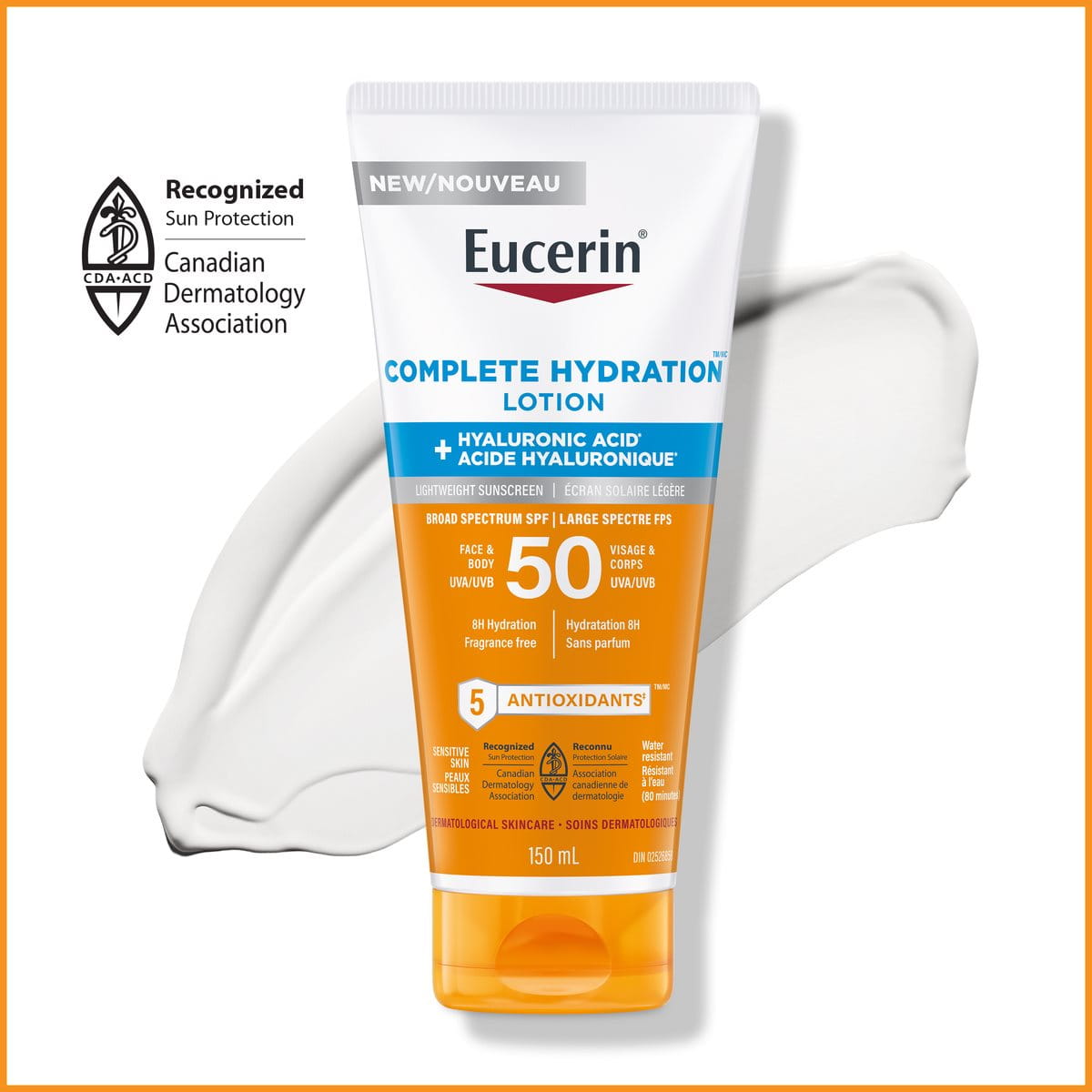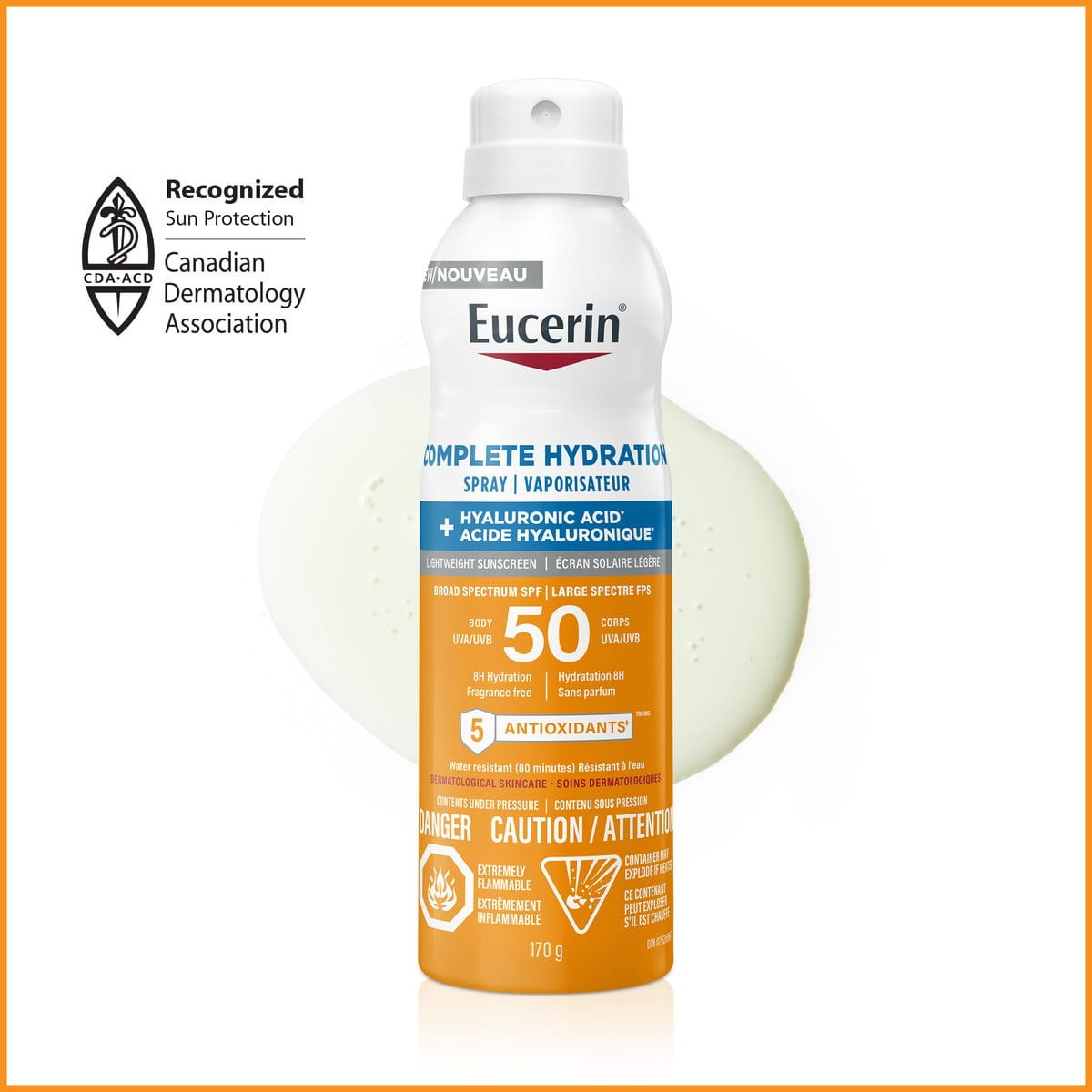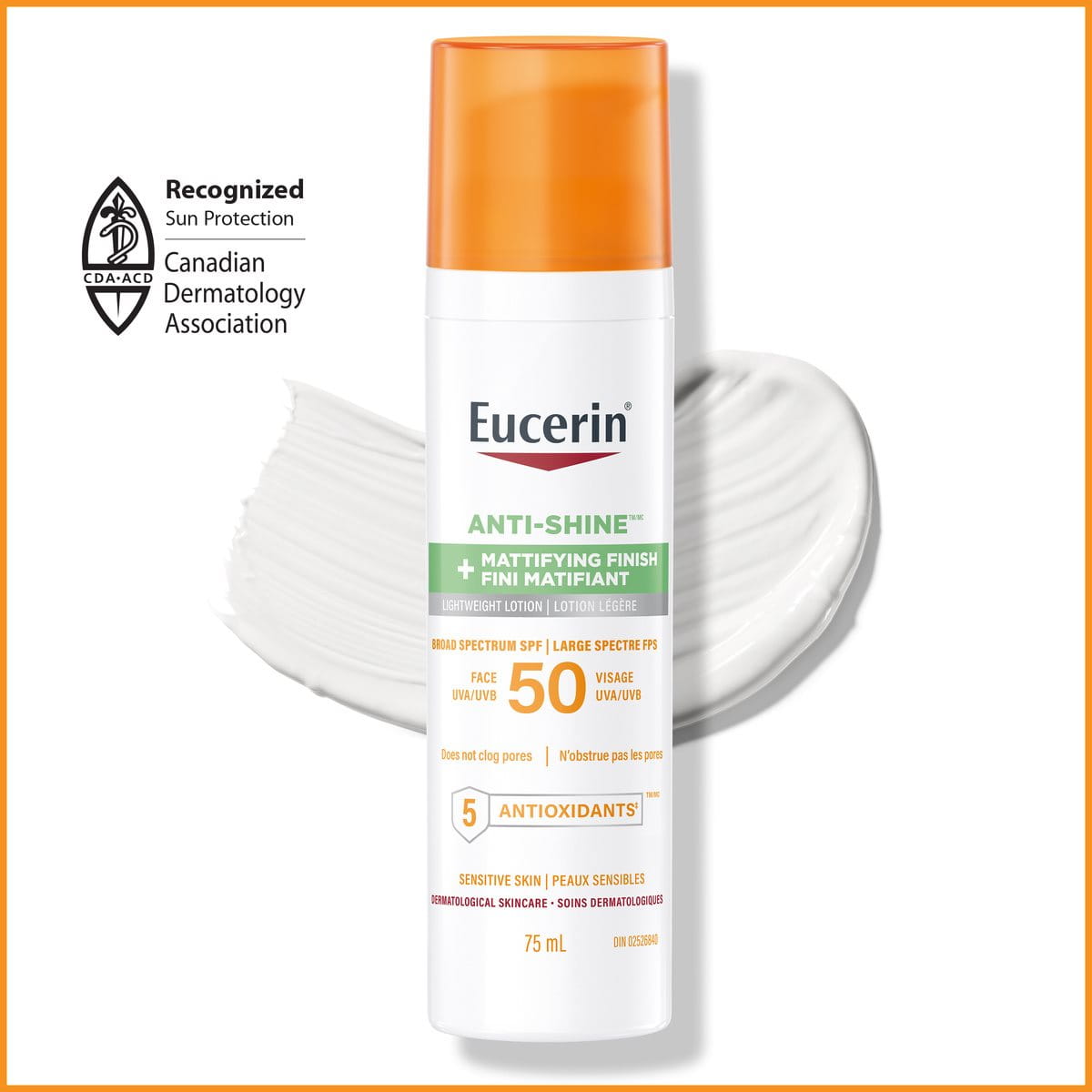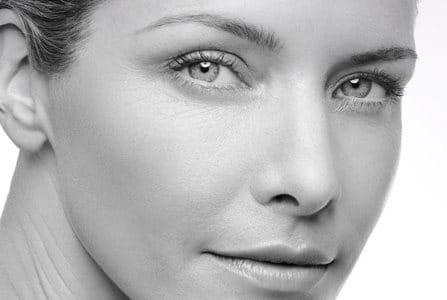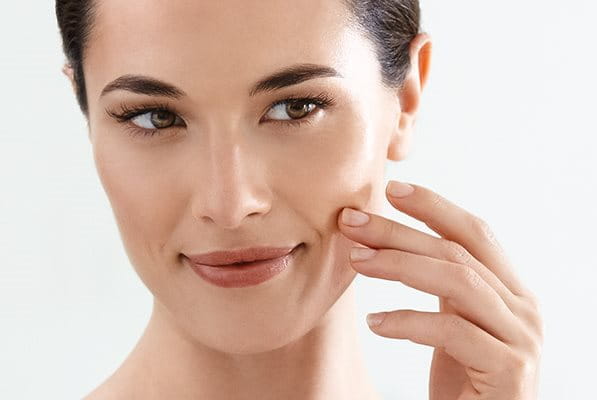Most of us know we need to protect ourselves from the sun, but don't necessarily wear sunscreen all year round. Sun protection isn't just for hot, sunny weather - you can burn even when it's cloudy or colder.
Find out why you should wear sunscreen every day, the important role it should play in your skincare routine, and whether to apply sunscreen before or after your moisturizer.
Why sunscreen is important
While it's important you get enough vitamin D from sunlight as our bodies don’t produce their own, you should always protect yourself from the sun's UVA and UVB rays. UV-induced skin damage can be associated with skin aging, burning, and the development of skin cancer, so using a sunscreen as directed to help mitigate some of the exposure to this radiation is an important component of an overall sun protection routine.
Here are some useful facts about UV (which stands for ultraviolet radiation):
- UV light has shorter wavelengths than visible light and while you can't see UV, your skin can feel it.
- UVA has a longer wavelength and is associated with skin aging.
- UVB has a shorter wavelength and is associated with skin burning
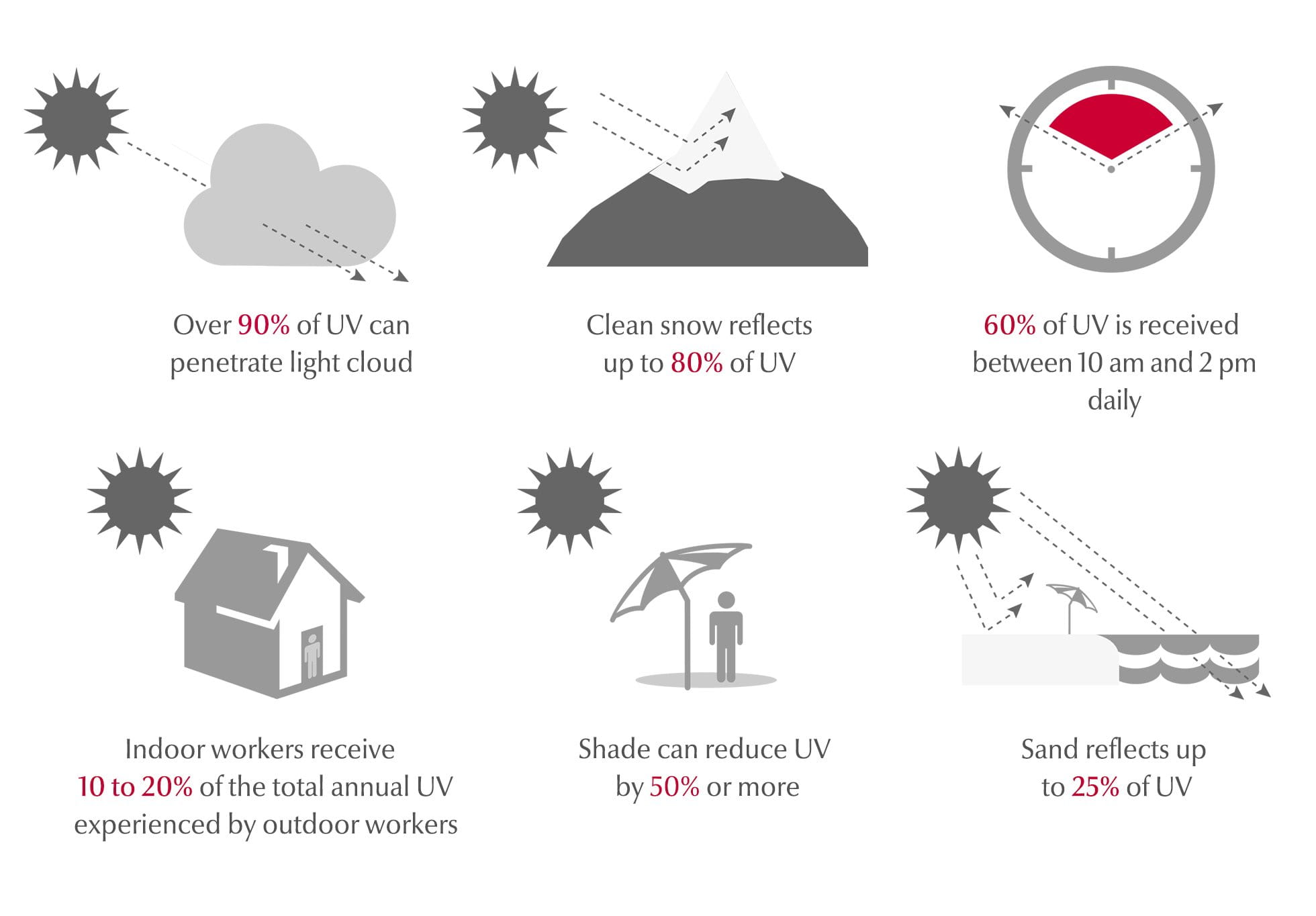
What are UVA & UVB rays?
UVA radiation weakens the skin's immune mechanisms and responses which can contribute to the development of skin cancer. The impact of UVA damage isn't visible on the skin, meaning we may not be aware of its full impact until years later.
UVB radiation causes direct damage to skin cells, showing up as sunburn, thus resulting in DNA damage. Eventually those cells can become cancerous, so UVB rays are particularly harmful to our skin.
UVA light is present all-year round, even damaging our skin when it's cloudy, and it can penetrate through glass. UVB is present at higher levels during the summer months.
Should you wear sunscreen every day?

Since we experience exposure to harmful UV rays year-round, on sunny and cloudy days, the short answer is yes, you should wear sunscreen every day.
A few minutes in the sun provides a healthy dose of vitamin D, but our skin is often exposed to several hours of UV rays. With continuous use, sunscreen can help with signs of aging like fine lines, and helps to protect from a percentage of UV rays that can contribute to cellular DNA damage. This is why you should wear sunscreen every day as part of your skincare routine and keep applying as directed, even over your makeup.
Years of sun damage can contribute to photoaging and result in you looking much older than you really are, but if you wear sunscreen every day, you can help with signs of aging with continuous use.
Complexion can also play a role in UV radiation risk. Those with fairer skin have less melanin, which is a protective pigment, so are more at risk of UV radiation throughout the year. Learn more about sunscreen and why it’s important.
Do you put sunscreen on before or after a moisturizer?
Applying sunscreen should be considered as much a part of your daily routine as cleansing, moisturizing and toning. If you're wondering whether to apply sunscreen before or after your moisturizer, SPF should be applied as the final step in your routine, before make-up.
Physical sunscreens are formulated with protective ingredients to create a barrier between your skin and the sun, so layering a sunscreen after moisturizing helps to stop harmful UV rays.
Several day creams and facial moisturizers include a sun protection factor (SPF). Your skin may require a higher SPF, which can be used in addition to, or instead of, your usual moisturizer with SPF.
Should you wear sunscreen indoors?
Though the risk of sun exposure is usually low when indoors, if you often sit near windows when working or if you spend a lot of time in your car, you should wear sunscreen with an SPF of at least 30 indoors and in your car.
Can you tan through glass? Are you exposed to the sun’s UV rays through a window?
Technically, yes, but it would take a long time. Almost 100% of UVB rays are blocked by glass, but UVA rays can still damage skin through windows.
Daily sunscreen for face and body with Eucerin
As explained, you should wear sunscreen every day even if your skincare or make-up includes SPF. Eucerin Sun products, when used in tandem with other sun protection measures such as limiting time in the sun (especially between 10am-2pm), and wearing long-sleeved shirts, long pants, hats, and sunglasses, help to prevent sunburn and mitigate exposure to the sun’s harmful rays when used as directed.
Eucerin sunscreens for face and body are the only dermatological sun care brand with a unique complex of 5 antioxidants. Developed by dermatologists, products in the Eucerin Sun line offer broad spectrum UVA/UVB sun protection in formulas that are hypoallergenic, non-comedogenic, and safe for daily use. Use as directed.
The information provided herein is not intended to be medical advice. Nor is it intended to treat the underlying skin disease or condition. The information is provided solely to:
- Moisturize, soften and smooth dry skin
- Improve the appearance of the skin
- Achieve healthier-looking skin
Our brand values

We deliver a holistic dermo-cosmetic approach to protect your skin, keep it healthy and radiant.

For over 100 years, we have dedicated ourselves to researching and innovating in the field of skin science. We believe in creating active ingredients and soothing formulas with high tolerability that work to help you live your life better each day.

We work together with leading dermatologist and pharmacist partners around the world to create innovative and effective skincare products they can trust and recommend.
